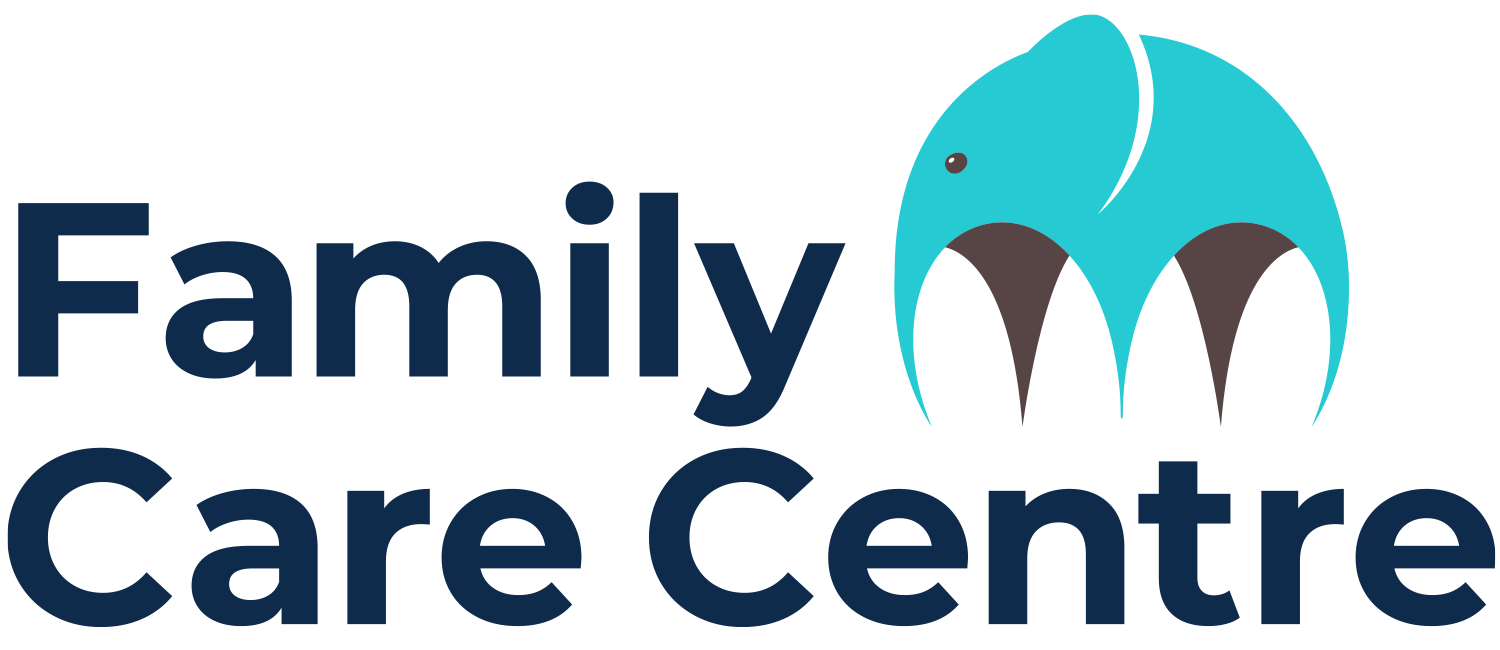How can I support my family in the moment?
- Slow down and use fewer words. Your child or youth isn’t in a state where they can listen when they’re in crisis. Pause, observe what is happening. , and remember that your child or youth is not able to process much of what you are saying right now. Too many words can increase escalation in the moment, so it is best to speak slowly and use fewer words so that they can process what you are saying.
- De-escalate. In aggressive moments, it’s important to remember that making threats, warning about consequences, or saying things like “you always do this” or “you need to stop this” is likely to be unproductive. Offer clear choices and limitations to the child or young person, as this can help them feel a sense of control. If it’s your partner who is on the receiving end of aggression in your home, work to support them.
- Implement the Family Safety Plan. Make sure the Family Safety Plan is in an accessible place, and that all family members who how to find it. In the moment when an incident becomes likely to escalate to aggression, remove those who may be the target of AFCCA or who might be feeling unsafe. If your child or young person threatens to damage or destroy property, or hurt or kill themselves or someone else, it’s important to get help as quickly as possible.
Know when to call 911
Within the Family Safety Plan, ensure that all family members know to call 911 for emergency help when there is a risk of violence, suicidal behaviour (intent or immediate risk), self–harm (intent or immediate risk), or unusual behaviour that appears dangerous.
Know about alternatives to 911
For cultural reasons, some families may not feel comfortable or safe calling 911 or interacting with the police. In these cases, it is important to remember that there are alternatives. Communities across the province have local crisis lines or non-police-led mobile crisis teams that can help support in instances of AFCCA. Learn about what resources might be available close to you.
